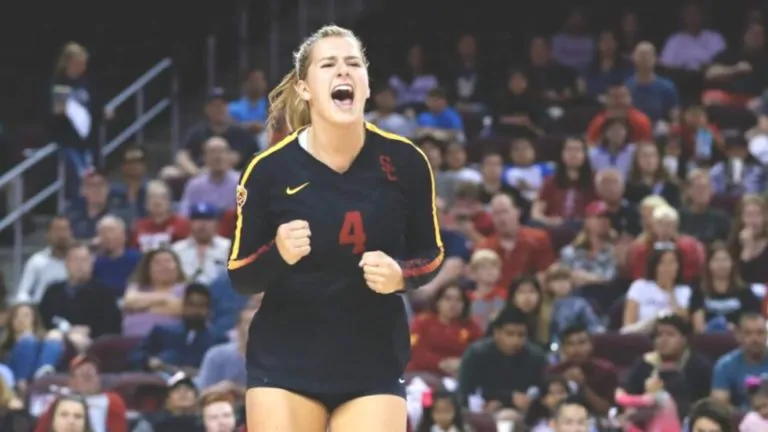A 1999 survey concluded that “58% of female and 38% of male college athletes were at risk for bulimia nervosa” (NEDA). Bulimia is a severe and potentially life-threatening disorder where individuals binge eat but feel stressed about potential weight gain. Therefore, they usually end up either purging or taking drastic measures (over-training or fasting) to offset any weight gain.
Related: Missy Greco's Experience with Eating and Exercise Disorders
This unhealthy process can be highly damaging to a person's health both mentally and physically. This is so common in college athletes because of how society has preconceived views on how college athletes should look. These sociocultural factors have detrimental consequences that often drastically change the behavior of college athletes. One of the worst parts about this is that many college athletes may never acknowledge their eating disorders, as it is common for them to “play tough” and shrug off their symptoms.
Related: We Need to Talk about Male Athletes' Mental Health
There are multiple signs to know whether you or a loved one may be dealing with eating disorders:
- Feeling guilty after eating more than originally intended
- Choosing not to eat for long periods because you feel like a failure after overeating
- Feeling guilty after eating specific types of food
- Exercising excessively if you miss a workout
- Taking laxatives, diuretics, or any so-called “fat-burning” supplements
It's essential to get help and not let eating disorders take over your life. Wanting to be in the best physical shape possible is entirely normal, but eating disorders can have such a strain on your mental and physical health that they can become life-threatening. Do not be afraid to reach out and combat these issues.
Related: Injuries and Eating Disorders in College Athletes
If you think you have an eating disorder, it is crucial to talk to a counselor or a nutritionist. While you might think that you can change your habits on your own, studies show that the best type of treatment to combat eating disorders is establishing a support system and speaking with some sort of professional, whether that be a therapist, counselor, or nutritionist. Speak to someone that you can trust and have open communication with.
Related: How the NCAA can Address Mental Health
It is perfectly normal to want to be in great shape, but it is unhealthy and counterproductive to punish yourself for eating a variety of foods or not working out for a day. Your body needs fuel to perform!
Have an idea for a story or a question you need answered? Want to set up an interview with us? Email us at [email protected]
* Originally published on January 24, 2022, by Noah Fisher







